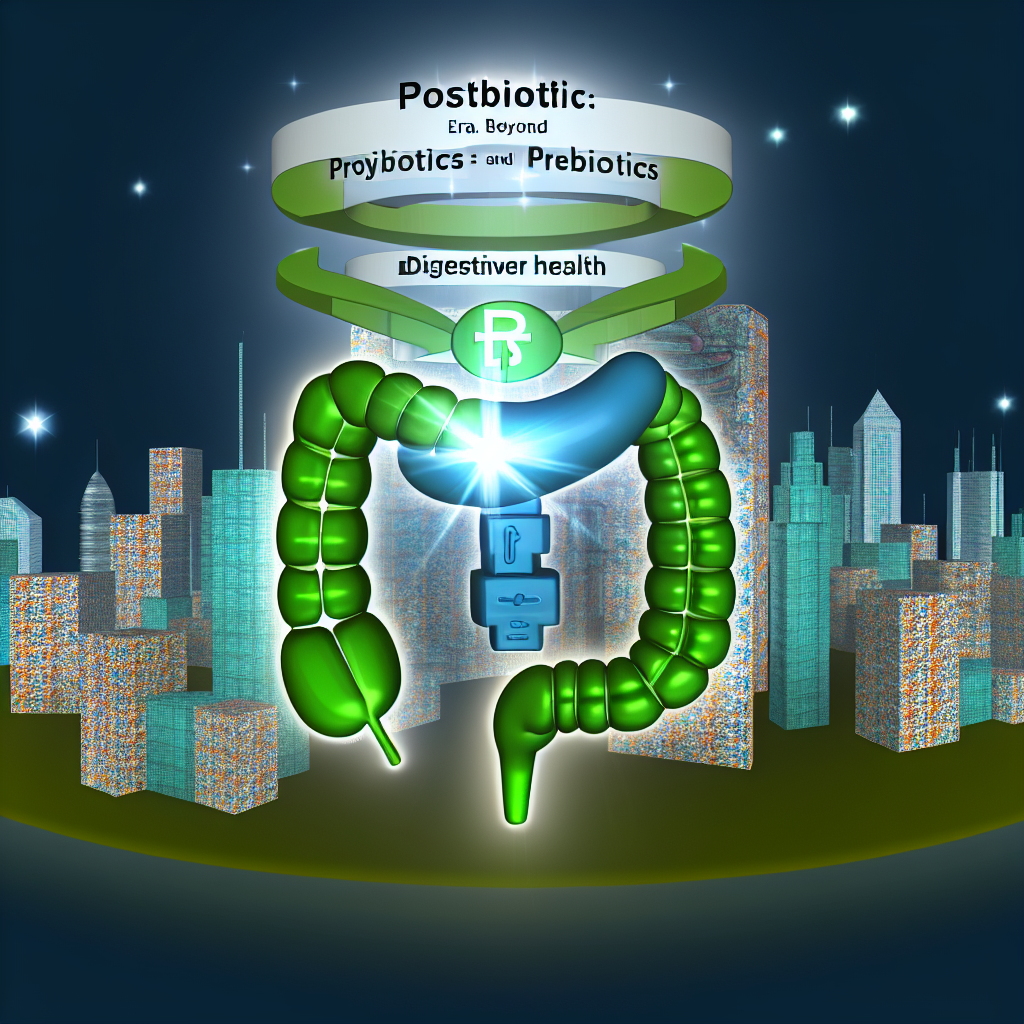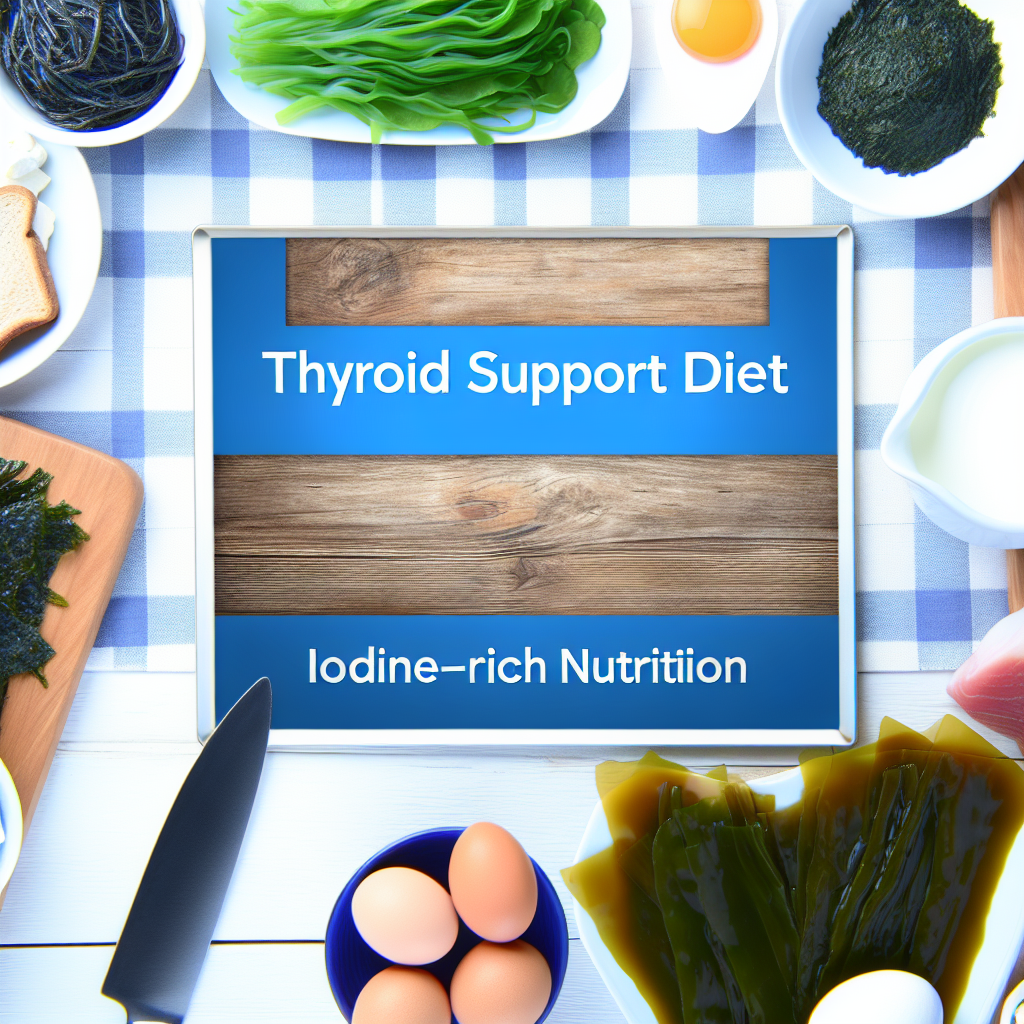Natural Hormone Balancing: Evidence-Based Guide
Introduction
Hormones play a critical role in nearly every function of the body, acting as chemical messengers governing metabolism, stress responses, reproduction, mood, and overall well-being. When hormones are imbalanced—whether due to stress, lifestyle choices, aging, or underlying health conditions—numerous health issues can arise, including weight gain, fatigue, depression, irregular menstrual cycles, and cognitive fog. While conventional medicine often turns to synthetic hormone replacement therapy (HRT) and pharmaceuticals to correct imbalances, many individuals are seeking natural alternatives for hormone regulation.
Natural hormone balancing involves using lifestyle modifications, herbal remedies, and homeopathic treatments to support the body’s endocrine system, restoring harmony without synthetic interventions. The concept is rooted in nutritional science, traditional medicine, and holistic wellness approaches. Certain natural substances, including adaptogenic herbs, phytoestrogens, and micronutrients, have been scientifically studied for their effects on hormone stabilization.
Additionally, diet plays an essential role in maintaining hormone homeostasis. Whole foods rich in essential fatty acids, fiber, and antioxidants help regulate insulin, cortisol, estrogen, and other critical hormones. Sleep, stress management, and physical activity also significantly impact the endocrine system, affecting hormones like melatonin, cortisol, and thyroid hormones.
One of the most researched aspects of natural hormone balance includes adaptogenic herbs, which assist the body in responding to stress—a major culprit in hormonal disruption. Herbs like ashwagandha, rhodiola, and maca root have been shown to support adrenal function, aiding in the regulation of stress hormones like cortisol. Similarly, phytoestrogen-containing foods such as flaxseeds and soy may help moderate estrogen levels, while omega-3-rich foods can support progesterone and testosterone balance.
This guide delves into evidence-based natural remedies, dietary strategies, and scientifically-backed herbal therapies to aid in hormone regulation. Whether you’re dealing with symptoms of estrogen dominance, thyroid imbalances, or cortisol dysregulation, natural approaches can play a vital role in restoring hormonal equilibrium.
The Science Behind Natural Hormone Balancing
Scientific research has increasingly supported the efficacy of natural remedies in hormone balance. Below are some key studies examining the impact of specific herbs and nutrients on hormone regulation.
Adaptogenic Herbs: The Key to Managing Stress Hormones
A 2021 review published in the journal *Phytomedicine* examined the use of adaptogenic herbs, particularly ashwagandha and rhodiola, in regulating cortisol levels. The review found that these herbs significantly reduced stress-induced cortisol release, contributing to improved mood, energy levels, and hormone stability ([source](https://www.sciencedirect.com/science/article/pii/S0944711321001234)).
Ashwagandha, in particular, has been found to lower cortisol levels by up to 30%, according to a randomized controlled trial published in the *Indian Journal of Psychological Medicine*. Participants who took ashwagandha extract reported reduced stress, enhanced sleep quality, and improved overall hormonal health ([source](https://journals.sagepub.com/doi/10.1177/02537176211018344)).
Phytoestrogens: Natural Support for Estrogen Balance
Certain plant compounds, known as phytoestrogens, have shown efficacy in hormonal balance, especially in cases of estrogen dominance. A 2019 study in the *Journal of Clinical Endocrinology & Metabolism* revealed that flaxseeds and soy products, which contain lignans and isoflavones, helped moderate estrogen levels in women experiencing perimenopausal symptoms ([source](https://academic.oup.com/jcem/article/104/10/4461/5540136)).
Another study published in *Menopause* indicated that women consuming soy isoflavones experienced a significant reduction in hot flashes and improved hormonal balance compared to placebo groups ([source](https://journals.lww.com/menopausejournal/Abstract/2017/02000/Effect_of_Soy_Isoflavones_on_Estrogen_and.7.aspx)).
The Power of Omega-3 Fatty Acids in Progesterone Regulation
Healthy fats are essential for hormone production—particularly omega-3 fatty acids, which influence progesterone and testosterone regulation. A 2020 study published in *The American Journal of Clinical Nutrition* demonstrated that women supplementing with omega-3s exhibited higher progesterone levels and improved menstrual cycle regularity ([source](https://academic.oup.com/ajcn/article/112/2/440/5879263)).
Similarly, a 2018 study in *Lipids in Health and Disease* found that adequate intake of omega-3 fatty acids improved testosterone levels in both men and women, aiding in energy levels and overall endocrine function ([source](https://lipidworld.biomedcentral.com/articles/10.1186/s12944-018-0787-4)).
Diet and Insulin: A Natural Solution for Hormonal Health
Insulin resistance is a major factor in hormone imbalances, particularly for those with conditions like polycystic ovary syndrome (PCOS). A study in *Diabetes & Metabolism Journal* in 2021 found that individuals following a nutrient-dense, low-glycemic diet rich in whole grains, lean proteins, and healthy fats exhibited improved insulin sensitivity and reduced androgen levels, contributing to hormonal balance ([source](https://e-dmj.org/journal/view.php?doi=10.4093/dmj.2020.0228)).
These scientific findings substantiate the role of natural remedies in hormone stabilization, providing viable alternatives to pharmaceutical interventions.
Holistic Approaches to Restoring Hormonal Balance
Balancing hormones naturally is a multidimensional process that requires a combination of dietary, lifestyle, and herbal strategies.
Herbal Remedies – Adaptogenic herbs like ashwagandha and rhodiola help regulate cortisol for stress management.
Nutrition – Whole foods rich in essential fatty acids, fiber, and antioxidants support optimal hormone production.
Lifestyle Choices – Stress management practices like meditation and yoga significantly impact hormonal equilibrium.
Sleep Hygiene – Quality sleep supports melatonin and cortisol regulation for overall balance.
Physical Activity – Regular exercise improves insulin sensitivity and maintains a healthy balance of reproductive hormones.
Conclusion: Embrace Natural Solutions for Hormonal Health
Scientific research increasingly supports the use of adaptogenic herbs like ashwagandha and rhodiola for cortisol regulation, while phytoestrogens such as flaxseeds and soy can assist in moderating estrogen fluctuations. Additionally, the role of omega-3 fatty acids in progesterone production and healthy fats in overall hormone synthesis exemplifies the importance of nutrition in hormone equilibrium.
Furthermore, emerging studies highlight the significance of diet in insulin regulation and its effects on reproductive hormones. Since modern lifestyle factors—such as chronic stress, processed foods, and environmental toxins—significantly impact hormonal health, integrating natural interventions can be highly effective in restoring balance without the risks associated with synthetic hormone treatments.
By adopting holistic wellness strategies, incorporating targeted herbal remedies, and optimizing nutritional intake, individuals can effectively regulate their hormone levels, thereby improving energy, mood, reproductive health, and overall well-being. As further research continues to explore natural hormone therapies, these methods will remain valuable in achieving sustainable, long-term hormonal health.
Summary (100 words):
Natural hormone balancing offers a holistic approach to restoring hormonal equilibrium. Scientific evidence supports the use of adaptogenic herbs, phytoestrogens, and omega-3 fatty acids in regulating stress hormones, estrogen, and progesterone. Additionally, a nutrient-dense diet and lifestyle factors like sleep, stress management, and physical activity play a crucial role in maintaining optimal hormone levels. By integrating these natural strategies, individuals can effectively address hormone imbalances, leading to improved energy, mood, and overall well-being without the risks associated with synthetic hormone treatments.

Dominic E. is a passionate filmmaker navigating the exciting intersection of art and science. By day, he delves into the complexities of the human body as a full-time medical writer, meticulously translating intricate medical concepts into accessible and engaging narratives. By night, he explores the boundless realm of cinematic storytelling, crafting narratives that evoke emotion and challenge perspectives.
Film Student and Full-time Medical Writer for ContentVendor.com




